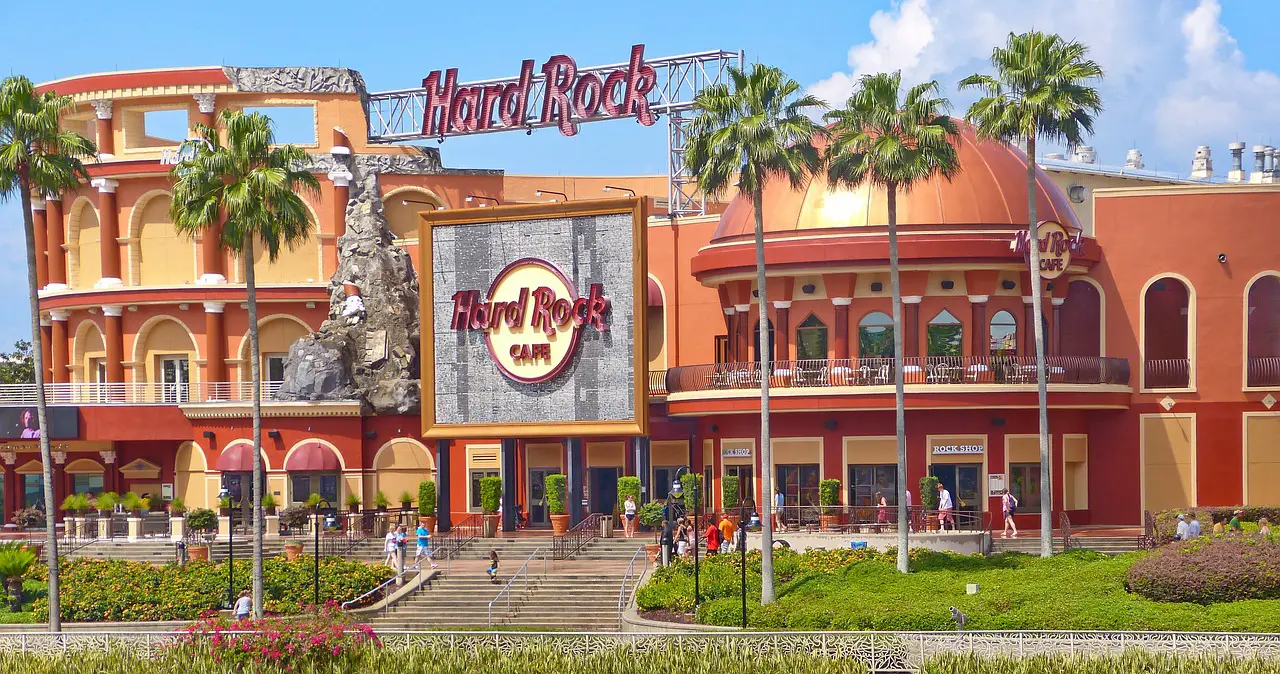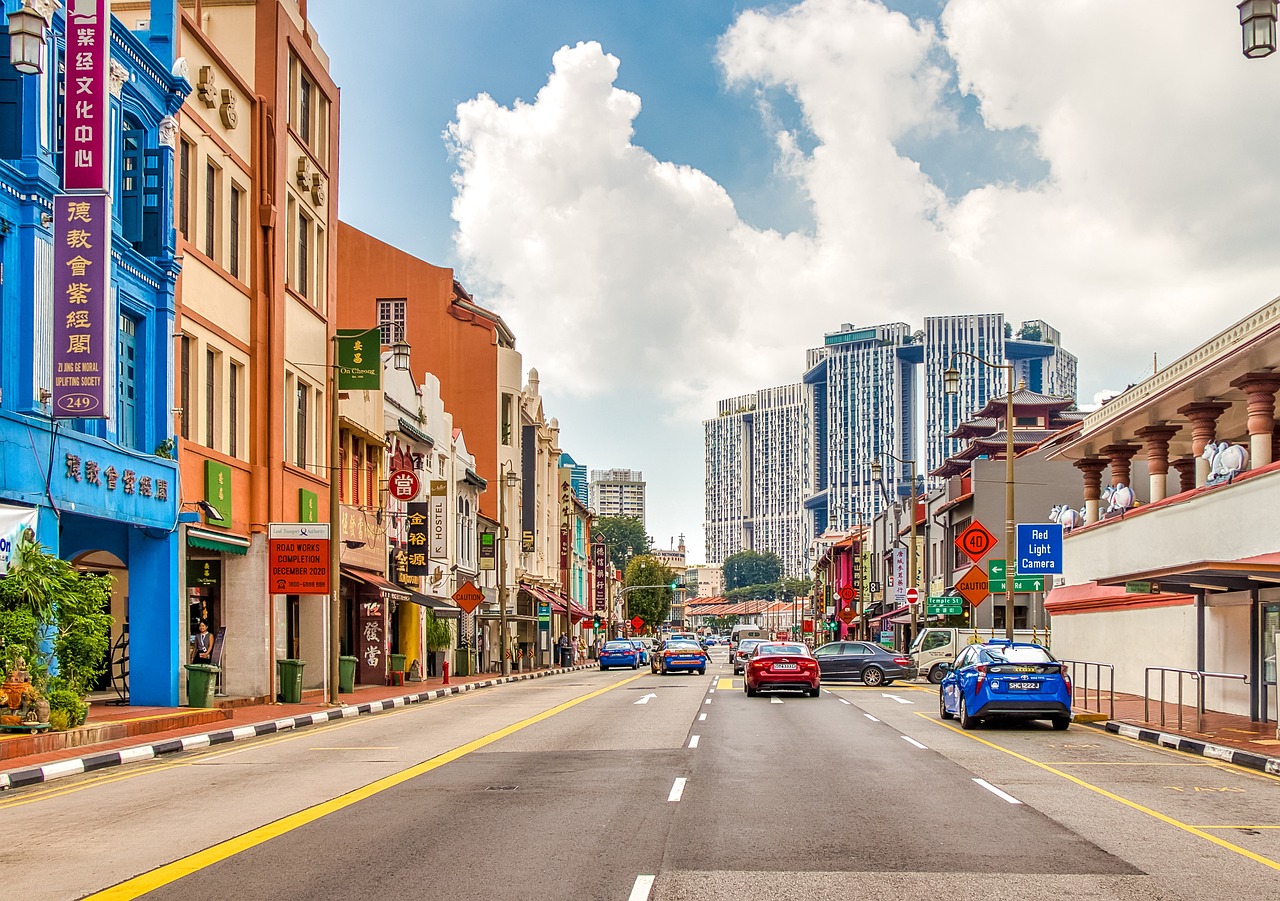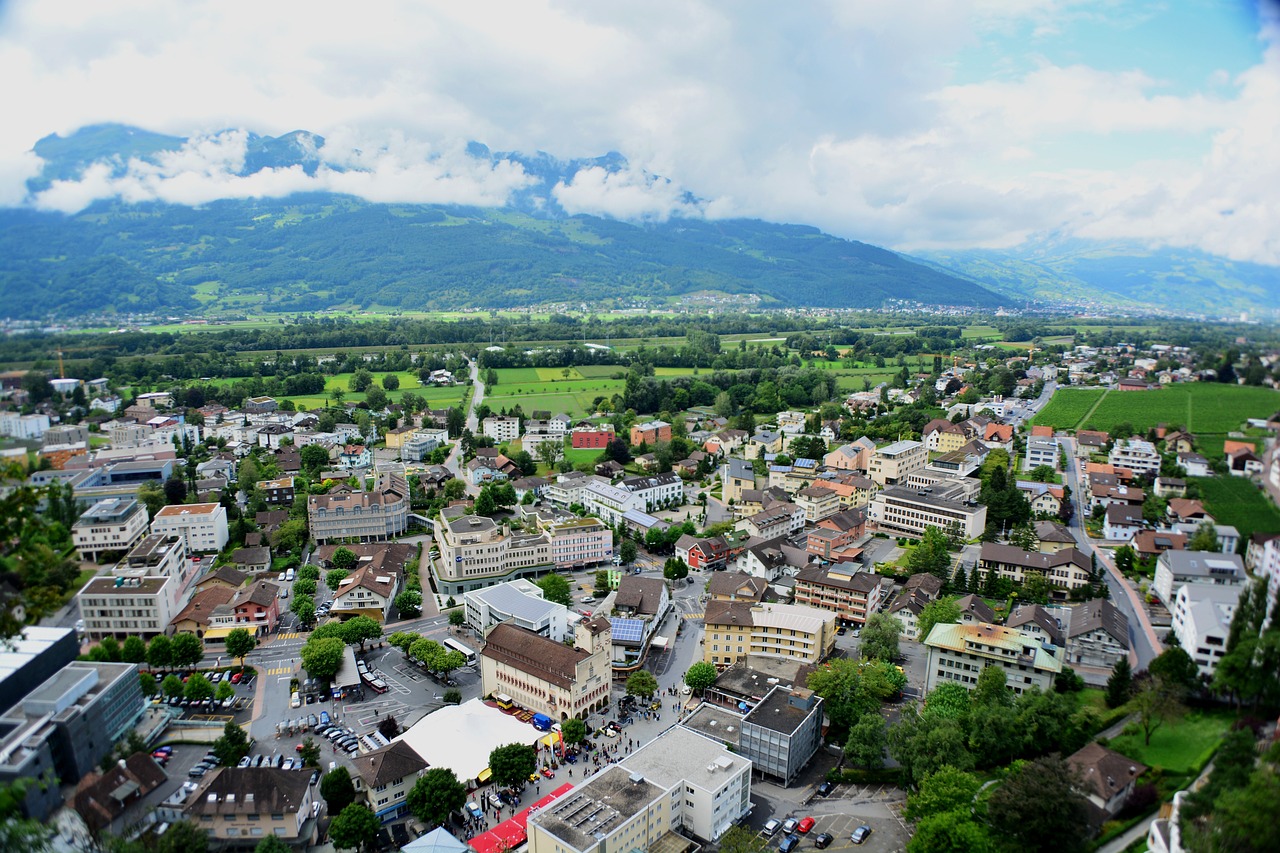Lisbon, Portugal’s vibrant capital, has emerged as one of Europe’s premier destinations for digital nomads. With its sunny climate, rich cultural heritage, affordable cost of living (compared to other Western European cities), and a thriving community of remote workers, it’s no surprise that Lisbon attracts freelancers, entrepreneurs, and location-independent professionals from around the globe. This article explores the best cafes for working, the most engaging meetups for networking, and the housing options available for digital nomads looking to make Lisbon their temporary or long-term home.
Why Lisbon is a Digital Nomad Paradise
Lisbon’s appeal to digital nomads lies in its unique blend of modern amenities and old-world charm. The city boasts over 300 days of sunshine annually, mild winters, and a laid-back lifestyle that balances work and play. High-speed internet, with average speeds of 100–200 Mbps in coworking spaces and 50–100 Mbps in cafes, ensures that remote workers can stay connected. The large and active digital nomad community, with over 20,000 members in the Lisbon Digital Nomads Meetup group, fosters a sense of belonging through regular events, coworking days, and social gatherings. Add to that the city’s vibrant food scene, proximity to stunning beaches, and a growing startup ecosystem, and it’s clear why Lisbon is a top choice for digital nomads.
However, it’s not without challenges. Rising rents, poor housing quality in some areas, and overcrowding during peak tourist seasons have sparked tensions with locals, who sometimes blame digital nomads for exacerbating the housing crisis. Despite these issues, Lisbon remains a practical and inspiring destination for remote workers willing to navigate its complexities.
Top Cafes for Digital Nomads in Lisbon
Lisbon’s cafe culture is legendary, with pastel-tiled esplanadas (outdoor terraces) and cozy interiors providing the perfect backdrop for productivity. Many cafes are laptop-friendly, offering strong Wi-Fi, ample power outlets, and a welcoming atmosphere for digital nomads. Below are some of the best cafes in Lisbon for remote work, based on their ambiance, amenities, and suitability for getting work done.
- Dear Breakfast
Located in the heart of Lisbon, Dear Breakfast is a favorite among digital nomads for its spacious, beautifully designed interior and reliable Wi-Fi. With plenty of seating, great coffee, and a menu featuring brunch staples, it’s ideal for long work sessions. The staff is accustomed to remote workers, as long as you keep ordering food or drinks. Note that the downtown location can be noisy, so opt for the quieter Chiado branch for focused work.
Address: R. das Gaivotas 17, 1200-202 Lisboa
Wi-Fi: Strong, 50–100 Mbps
Highlights: Ample power outlets, spacious seating, excellent brunch menu
Tip: Arrive early to secure a table with a plug, especially during peak hours.
- Fabrica Coffee Roasters
A specialty coffee shop in the Principe Real neighborhood, Fabrica Coffee Roasters is known for its in-house roasted brews and laptop-friendly environment. With indoor and outdoor seating, it’s a great spot for digital nomads who enjoy a gourmet coffee experience. The Wi-Fi is reliable, and the staff is welcoming to remote workers.
Address: R. das Flores 63, 1200-194 Lisboa
Wi-Fi: 50–100 Mbps
Highlights: High-quality coffee, cozy ambiance, central location
Tip: Bring a fully charged laptop, as power outlets are limited.
- Wish Slow Coffee House
Wish Slow Coffee House in Bairro Alto is a go-to for digital nomads seeking a productive workspace. With strong Wi-Fi, plenty of power outlets, and a relaxed vibe, it’s perfect for a full workday. The menu includes healthy options like smoothies and avocado toast, making it easy to stay fueled.
Address: R. Nova da Piedade 33, 1200-296 Lisboa
Wi-Fi: 50–100 Mbps
Highlights: Laptop-friendly, healthy menu, comfortable seating
Tip: Avoid peak lunch hours to secure a quieter spot.
- Copenhagen Coffee Lab
This Scandinavian-style cafe in Alcântara is popular with students and remote workers. Known for excellent coffee and baked goods, it has a bright, airy space with strong Wi-Fi. The open-door policy can make it warm in summer, so dress accordingly.
Address: R. Nova do Carvalho 10, 1200-291 Lisboa
Wi-Fi: 50–100 Mbps
Highlights: Great coffee, spacious, student-friendly vibe
Tip: Arrive early to avoid crowds, especially in the afternoon.
- Seagull Method
Located in a charming pink building in Principe Real, Seagull Method is a digital nomad favorite for its laptop-friendly setup and delicious food. The Wi-Fi is strong, and power outlets are well-distributed. Its sister restaurant, Heim Cafe, next door, is also worth a visit.
Address: R. da Escola Politécnica 94, 1250-102 Lisboa
Wi-Fi: 50–100 Mbps
Highlights: Charming decor, strong Wi-Fi, great food
Tip: Check out nearby Heim Cafe if Seagull Method is full.
These cafes are just a starting point. Other notable mentions include Honest Greens in Cais do Sodré for healthy dining, Rebel Cafe in Bairro Alto for late-night work sessions, and Café da Garagem for its stunning views, though laptop users may face restrictions during busy times.
Meetups and Networking Opportunities
Lisbon’s digital nomad community is one of the largest and most active in the world, with regular meetups, coworking days, and events designed to foster connections. Whether you’re looking to network professionally or make new friends, there’s something for everyone.
- Lisbon Digital Nomads Meetup
The Lisbon Digital Nomads Meetup group, with over 20,000 members, is the heart of the city’s nomad community. Since 2017, they’ve hosted weekly Thursday meetups at various bars, restaurants, and viewpoints across neighborhoods like Cais do Sodré, Bairro Alto, and Baixa. These casual gatherings, which attract 100–300 attendees depending on the season, are perfect for meeting like-minded professionals. Events are announced on Meetup.com, and the group also organizes coworking days at venues like Selva Comedy Cafe.
Details: Weekly Thursdays, rotating venues, 100–300 attendees
Highlights: Casual networking, diverse crowd, inclusive vibe
Tip: Sign up early on Meetup, as some events have attendance limits.
- Degens Hangouts
Every Wednesday from 7 p.m. to midnight, Tiles Bar on Rua de S. Paulo hosts Degens Hangouts, a networking event for digital nomads and blockchain enthusiasts. With tapas and a relaxed atmosphere, it’s a great way to connect over shared interests in tech and remote work.
Address: Rua de S. Paulo 111, 1200-427 Lisboa
Highlights: Tech-focused networking, affordable tapas, central location
Tip: Bring business cards to make the most of networking opportunities.
- Lisbon Comedy Nights
The Lisbon Digital Nomads community also organizes English-language comedy nights, often at Selva Comedy Cafe. These events provide a fun, lighthearted way to unwind and connect with other nomads. Check lisboncomedy.com for upcoming shows.
Address: Varies, often at Selva Comedy Cafe, R. dos Douradores 24, 1100-203 Lisboa
Highlights: Adult-themed humor, craft beer and cocktails, social vibe
Tip: Arrive by 8:30 p.m. to secure a seat, as shows start promptly.
- Running Group
For active nomads, the weekly running group organized by Lisbon Digital Nomads covers 5–10 kilometers and is a great way to stay fit while meeting others. Details are shared on Meetup.com.
Details: Weekly runs, 5–10 km, various routes
Highlights: Fitness-focused, social, scenic routes
Tip: Check Meetup for the latest schedule and meeting points.
- Tech and Startup Events
Lisbon’s growing tech scene, bolstered by events like Web Summit, offers numerous opportunities for professional networking. Coworking spaces like Impact Hub and Second Home host workshops, mastermind sessions, and happy hours. Check platforms like LinkedIn and Slack for additional tech-focused meetups.
Highlights: Professional networking, startup-focused, creative environments
Tip: Look for free day passes at coworking spaces to test the vibe.
Joining online communities like the Lisbon Digital Nomads Facebook group or the group’s Slack channel can also help you stay updated on events and connect with locals and expats alike.
Housing Options for Digital Nomads
Finding suitable housing in Lisbon can be challenging due to the ongoing housing crisis, with rising rents and competition from tourists and other nomads. However, there are still plenty of options, from co-living spaces to short-term rentals, that cater to digital nomads’ needs.
- Co-Living Spaces
Co-living spaces are increasingly popular among digital nomads for their affordability, community vibe, and built-in amenities like coworking areas and high-speed internet.
Selina Secret Garden: Located in Cais do Sodré, this popular co-living space offers private rooms, a rooftop pool, and a bar. It’s ideal for nomads seeking a social environment with coworking facilities.
Cost: €800–€1,200/month for a private room
Highlights: Rooftop pool, coworking space, central location
Tip: Book early, as spaces fill up quickly during peak seasons.
Outsite: Situated in Cais do Sodré, Outsite offers over 30 en-suite rooms, a coworking space, and a cafe. It’s designed for digital nomads, with a focus on community and productivity.
Cost: €900–€1,400/month
Highlights: En-suite rooms, coworking space, shared kitchen
Tip: Check for discounts on longer stays.
Home Lisbon Hostel: A budget-friendly option with coworking access included, this hostel in Baixa is great for short-term stays and meeting other nomads.
Cost: €400–€600/month for a dorm or shared room
Highlights: Affordable, social vibe, central location
Tip: Ideal for nomads on a tight budget.
- Short-Term Rentals
For more privacy, short-term rentals via platforms like Airbnb, Flatio, or Idealista.pt are popular. Expect to pay €800–€1,200/month for a one-bedroom apartment in central neighborhoods like Chiado or Bairro Alto. More affordable options can be found in areas like Alcântara or Campo de Ourique, with rents starting at €600–€800/month.
Tips for Finding Rentals:
Join Facebook groups like “Lisbon Digital Nomads Housing” for short-term deals.
Have your Portuguese tax ID (NIF) and one month’s rent plus deposit ready, as good flats disappear quickly.
Be cautious of scams and verify listings through trusted platforms.
- Long-Term Rentals
For stays of six months or more, long-term rentals are a cost-effective option. Prices range from €600–€1,000/month for a one-bedroom apartment outside the city center. Platforms like Flatio offer deposit-free, flexible leases, which are ideal for nomads.
Recommended Neighborhoods:
Alcântara: Industrial-cool, near LX Factory, with good transport links.
Campo de Ourique: Quiet, local vibe, ideal for longer stays.
Intendente/Anjos: Multicultural, more affordable, slightly edgy.
Cais do Sodré: Central, lively, with plenty of Airbnbs.
- Hostels
Budget-conscious nomads can opt for hostels designed for remote workers, offering private rooms, coworking spaces, and social events. Examples include VIP Executive Saldanha Hotel and Central House, which provide fast Wi-Fi and work-friendly amenities.
Cost: €300–€500/month for a dorm bed, €600–€900 for a private room
Highlights: Affordable, social, often include coworking spaces
Tip: Check for hostels with 24/7 coworking areas for maximum flexibility.
Navigating Challenges as a Digital Nomad in Lisbon
While Lisbon is a digital nomad hotspot, it’s not without its drawbacks. The housing crisis has driven up rents, with locals often blaming tourists and nomads for the shortage of affordable housing. Poor housing quality, including issues like mold and lack of insulation, is common in older buildings. Overcrowding in central areas during summer can also make the city feel chaotic. Additionally, some nomads report feeling unwelcome in certain bars or restaurants due to local resentment over gentrification.
To thrive in Lisbon, be respectful of local culture, learn basic Portuguese phrases, and support local businesses like tascas (traditional eateries) rather than gentrified brunch spots. Joining meetups and coworking spaces can help you build connections and avoid isolation, while choosing less touristy neighborhoods like Campo de Ourique can offer a more authentic experience.
Practical Tips for Digital Nomads
Visas: EU citizens can live and work in Lisbon without a visa. Non-EU nomads can apply for the D7 Visa (for passive income earners) or the Digital Nomad Visa (D8), requiring a minimum income of €3,480/month. Check with the Portuguese Consulate or AIMA for details.
Cost of Living: Budget €1,800–€2,400/month for a comfortable lifestyle, including rent, food, and transport. Dining out is affordable, with meals at local restaurants costing €10–€15.
Internet: Lisbon’s fiber-optic network ensures reliable connectivity. Carry a Solis Hotspot as a backup for remote areas.
Transport: Lisbon is walkable, but a monthly bus/metro pass costs €30. Ubers are affordable for longer trips.
Healthcare: Public hospitals like Hospital de Santa Maria offer affordable care, while private clinics like CUF provide faster service. Travel insurance is recommended.
Exploring Lisbon Beyond Work
When you’re not working, Lisbon offers endless opportunities to explore. Visit iconic landmarks like Belém Tower or Jerónimos Monastery, wander the cobblestone streets of Alfama, or indulge in a pastel de nata quest at Pastéis de Belém or Manteigaria. For beach lovers, Costa da Caparica is just 30 minutes away, while Peniche and Nazaré offer world-class surfing within 1–2 hours. The city’s nightlife, from dive bars to former brothels turned dance clubs, ensures you’ll never run out of things to do.
Conclusion
Lisbon’s combination of sunny weather, reliable internet, vibrant community, and rich culture makes it a top destination for digital nomads. From laptop-friendly cafes like Dear Breakfast and Fabrica Coffee Roasters to lively meetups organized by Lisbon Digital Nomads, there are countless ways to stay productive and connected. While housing challenges and local tensions require careful navigation, choosing the right neighborhood and engaging with the community can lead to a rewarding experience. Whether you’re staying for a month or a year, Lisbon offers the perfect blend of work, culture, and adventure for the modern nomad.














